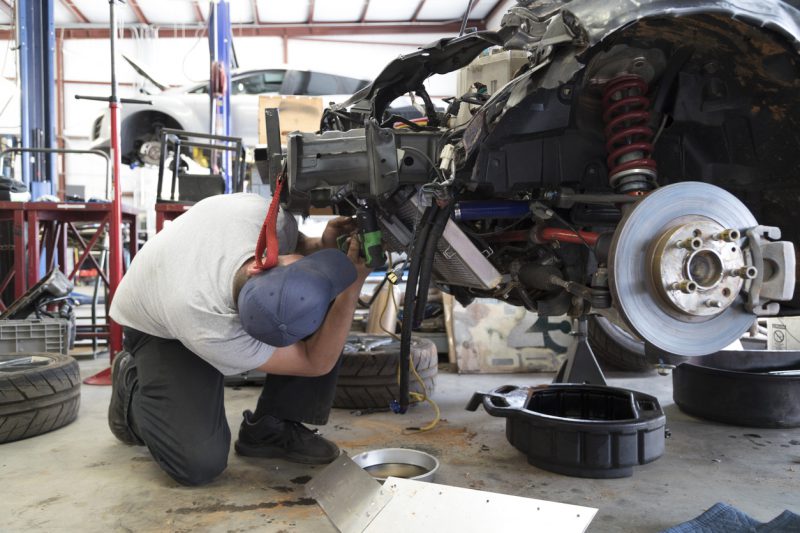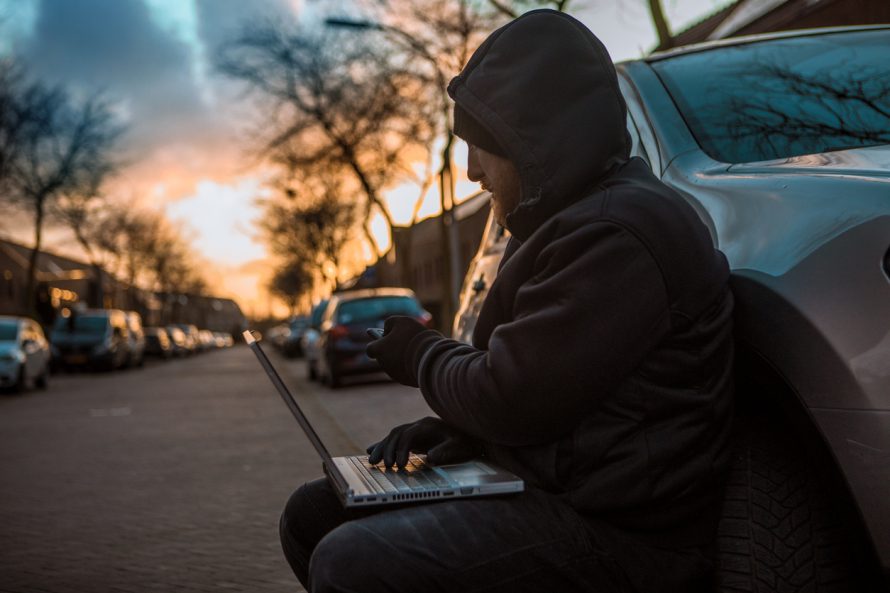
If you’re unlucky enough to have your car stolen, there’s a very good chance it will end up in what’s known as a chop shop. There it will be dismantled or chopped up and its parts will either be sold to innocent consumers or used to repair wrecked cars.
Why might this be a problem for car buyers?
A stolen car is pointless if a criminal can’t sell it on. But in order to do that they need to give that car the identity of a legitimate motor. A simple way to do this is to buy a wrecked car from a salvage company, then use the parts from an identical stolen car to repair it.
How does that work?
Insurers write off around four in five cars as a Category S or N. This means repairers can legally fix them and put them back on the road. You can buy relatively new examples of prestige motors such as BMWs for less than £1,500 from salvage companies. Criminals would use the parts from a stolen car to repair these. If there are examples of that car selling for £20,000, they would price their repaired model at £18,500 to guarantee a quick sale and make a healthy profit.
Are they convincing?
On the surface, these cars will be very convincing indeed. West Midlands Police vehicle identification specialist Boyd Howells explained: “One large dealership took a stolen VW Polo in part exchange and didn’t realise it. If the trade can be fooled, so can the public.”
However, scratch beneath the respray and it will probably be a different story. West Midlands Police told of a Volkswagen Golf that crooks had repaired using, among other things, airbags from a stolen car. In a crash the airbags wouldn’t have deployed, risking the lives of the owners who’d bought the car in good faith.

How many stolen cars are disposed of like this?
The police believe the ‘vast majority’ of stolen cars go through so-called chop shops. Over 2018 and 19, West Midlands Police alone shut down 100 chop shops.
Discovery of a chop shop in Wigan, Greater Manchester blew open a £2.25 million car theft operation. And uncovering a Leicestershire chop shop helped police bust a gang who’d stolen 50 cars worth £2.4m.
How do you tell stolen parts?
Unfortunately that’s very difficult. There are markings that car manufacturers can use to identify parts for warranty claims. However these won’t help the general public because car makers won’t enter into a dialogue with them.
Vehicle identification specialist Boyd Howells said: “I’d suggest if people buy parts and they have wires cut or sawn pipework, then they should be suspicious. We found one outlet in a residential street where the outbuilding and garden were full of parts for Audis. If someone’s selling components like that from a normal address it should ring alarm bells.”
Car theft is an international business
Police in the West Midlands are very proactive on chop shops. They revealed they’ve busted a chop shop that had parts from stolen Audis packaged and ready to send to Argentina. And UK-based fleet management company AX UK tracked a stolen Range Rover from a port in Le Havre, France to Kampala in Uganda. There, Interpol found £1m worth of cars originally stolen in the UK.
If you need an instant and comprehensive vehicle history check, we’re here to help. Check out Green Flag One Check.